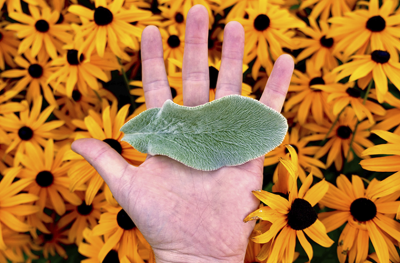
Organic or healthy? Searching for the right ingredients
Imagine a store shelf … well, for example, filled with hand creams. The range of prices is the same, but some do have “bio-components” or “natural extracts”, while others don’t. What will your hand reach to?
Got it, right? Skillful marketing has transformed the terms “bio” and “organic” into an independent brand. If you use them in packaging and advertising, you can get +100 to demand and the same to reputation. But is everything so simple with this naturalness? We have our own opinion.
Approach matters

For instance, the plantain is a medicinal herb that helps to heal wounds. Is that organic? Of course. Is it always healthy? If a leaf was torn from at a side of a busy highway, then the damage from the lead accumulated in it will be, perhaps, stronger than healing benefits. It turns out that not everything organic is healthy.
So a certain question to producers immediately appears. So, it is mentioned “with a natural extract of calendula,” but where did you get this extract from? Where and how was the calendula grown? What environment was it grown in? Without knowing the answers to such questions, we cannot be sure that the cosmetic product will have a really positive effect.
That is why respected companies are fundamentally changing their approach to production: they do not buy supposedly natural components, but grow them themselves. This gives confidence that the result is not just natural, but truly environmentally friendly cosmetics. This is What a demanding customer needs, right?

Here are just a couple of examples:
Weleda cosmetics is grown raw materials biodynamically in special gardens in Argentina, Switzerland, New Zealand and other countries. All gardens are located in regions with good ecology, they do not use chemical fertilizers and insecticides, they do without heavy agricultural machinery.
Yves Rocher has 55 hectares of fields remote from industrial areas where plants for extracts are grown. They are very concerned about the condition of the soil. Up to water quality control for irrigation.
A bit of honest advertising
Do you know what is the best point in this situation? Is that the list of eco-friendly producers includes our Moldavian ones. Viorica Cosmetic, has been implementing the Austrian Zepp Holzer project to ensure the production of organic raw materials since 2012.
VIO-Park is a territory where different cultures live and interact: trees, bushes, grasses. Here forests are adjacent to fields, gardens and ponds. And everything is supervised by the human, however, without violent interference. There is still a lot of work ahead, but now Viorica Cosmetic technologists are working with extracts of lavender, calendula, chamomile from VIO-Park.
We think it is inspiring: here and now, an eco-friendly future is being built!





















Leave a Reply
You must be logged in to post a comment.